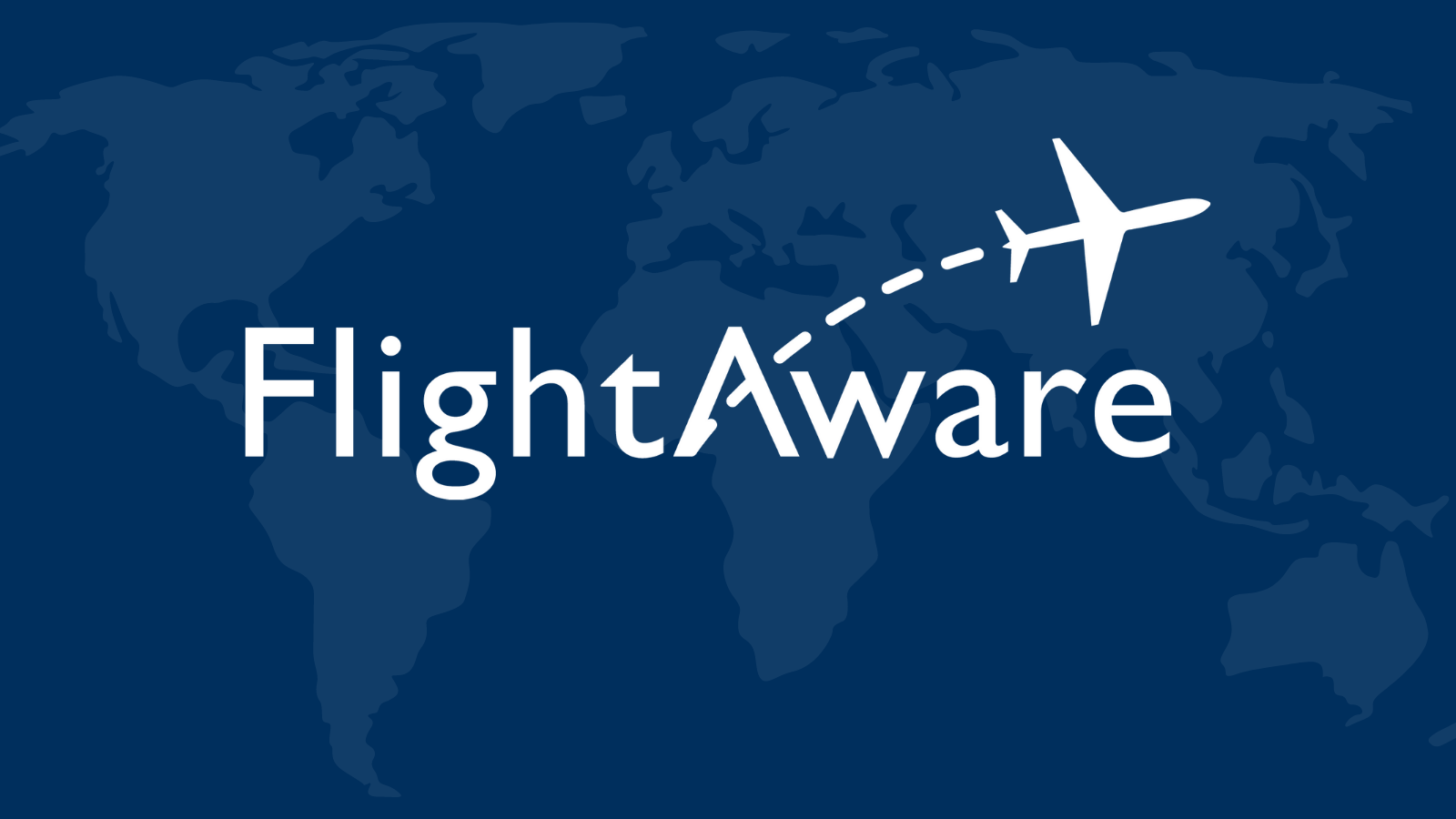The Netherlands Institute for Human Rights advocates for greater awareness in education regarding the risks associated with algorithms. Schools are increasingly incorporating algorithms into their systems, but there is a lack of knowledge on how to use them responsibly.
The utilization of algorithms in education has seen a significant rise in recent years. Schools now use teaching materials that adjust to individual student levels and software capable of detecting fraud. While algorithms can ease the burden on teachers and offer valuable insights into student learning processes, the Netherlands Institute for Human Rights warns of potential risks. Insufficient knowledge within schools may lead to students being subjected to discrimination by algorithms, as highlighted by the Board in response to research conducted by KBA Nijmegen and ResearchNed.
Approximately half of primary schools implement adaptive learning systems that tailor teaching material to each student's current proficiency. Students who frequently make errors receive simpler practice materials, while those who excel are challenged with more difficult questions. The Netherlands Institute for Human Rights points out that such software poses the risk of inaccurately assessing student performance, particularly for students with dyslexia, autism, or ADHD who may answer differently than the system expects.
Algorithms are also prevalent in higher education, particularly in the use of anti-fraud software at colleges and universities. This usage raises concerns about potential disadvantages for certain student groups, such as non-native Dutch speakers. The Board cautions that algorithms may disproportionately flag these students as suspicious, leading to incorrect identifications as fraudsters. Research also indicates that facial detection algorithms in anti-cheating software may not perform as accurately for individuals with darker skin tones, potentially resulting in discriminatory outcomes.
The Netherlands Institute for Human Rights emphasizes the dangers of discrimination and unequal opportunities in education. The Board encourages educational institutions to evaluate the impact of technology on learning outcomes before incorporating algorithms. Additionally, the Board underscores the challenges faced by teachers and school leaders in critically assessing the tools they use, noting a tendency to unquestioningly trust computer-generated information. Insufficient transparency in algorithm operations further complicates the assessment process, prompting the Board to call on the Dutch Ministry of Education, Culture, and Science to support schools by researching digital system effects, providing information on algorithm risks, and establishing compliance guidelines to prevent discrimination.









 English (US)
English (US)